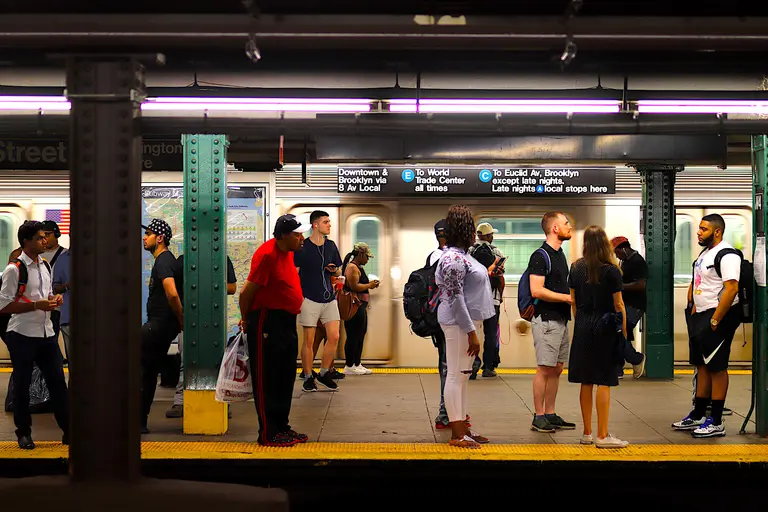
Photo by rhythmicdiaspora on Flickr
The MTA’s newest subway cars don’t have the best track record
More info

Photo by rhythmicdiaspora on Flickr

Photo by rhythmicdiaspora via Flickr
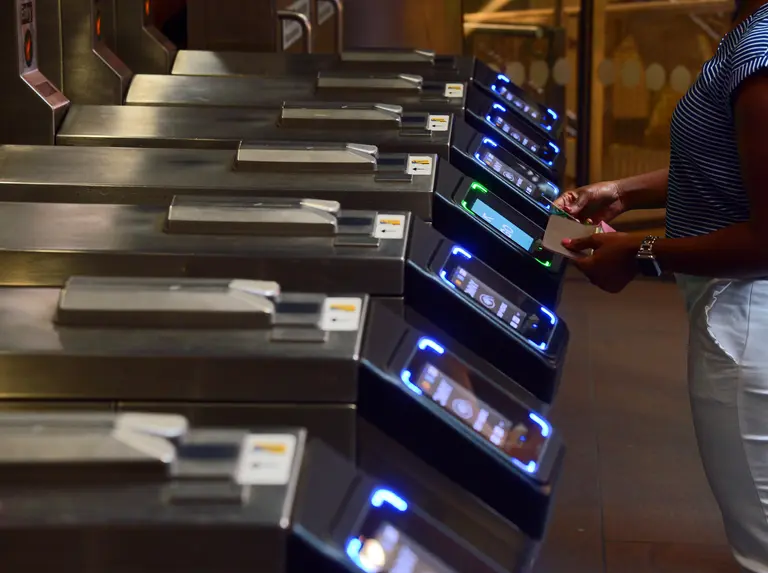
Photo: Marc A. Hermann / MTA New York City Transit / Flickr
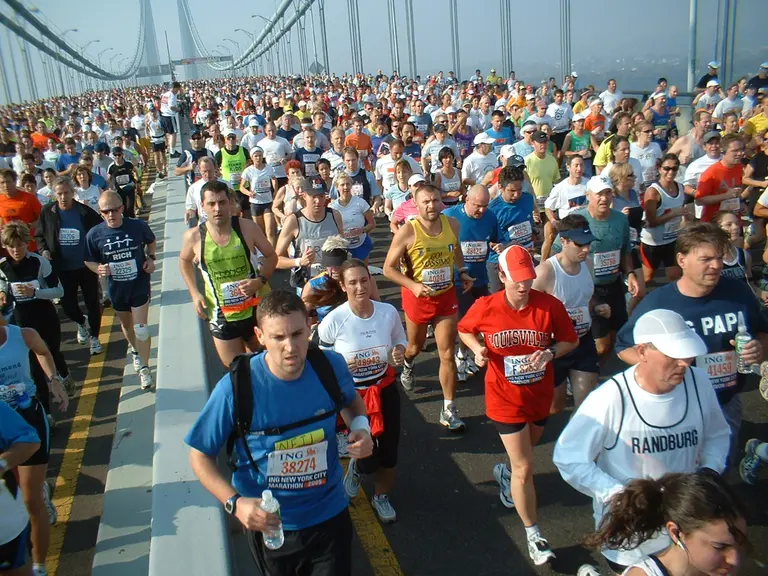
Image by Martineric via flickr via Wikimedia cc.
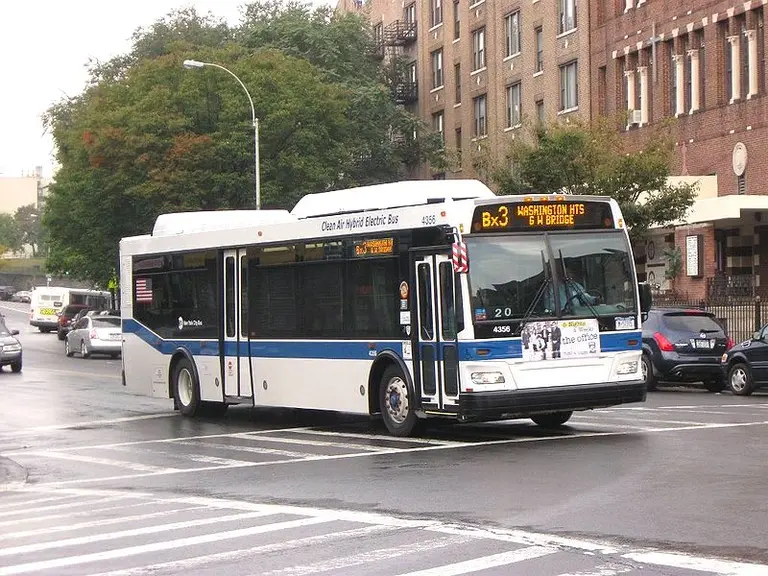
Photo by Adam Moreira on Wikimedia
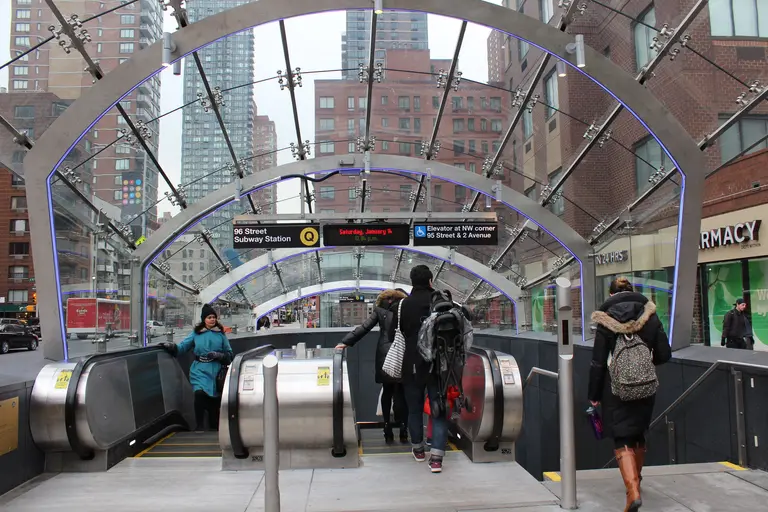
Photo by Shinya Suzuki on Flickr cc
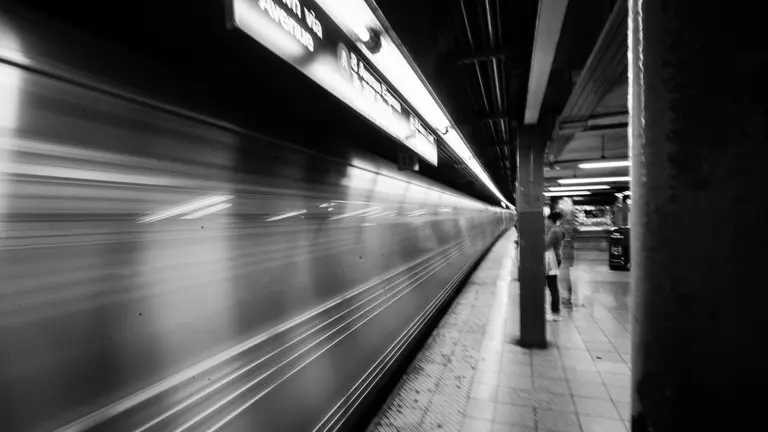
Photo by Ed Schipul / Flickr cc
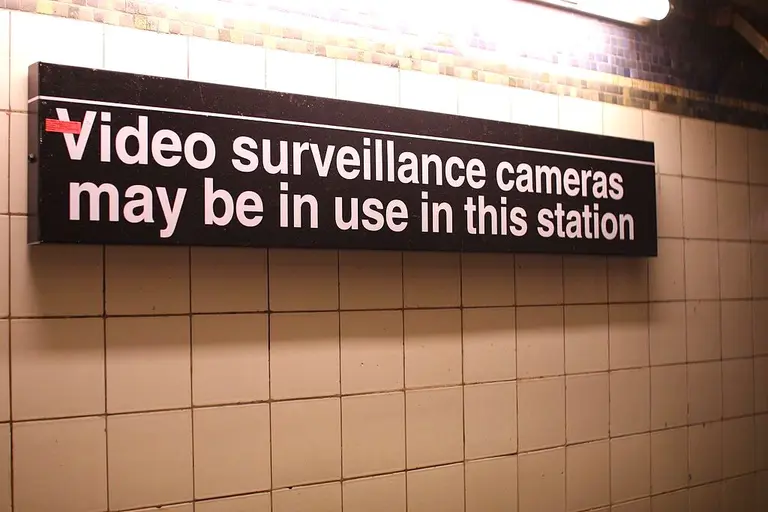
Photo by arvind grover on Flickr
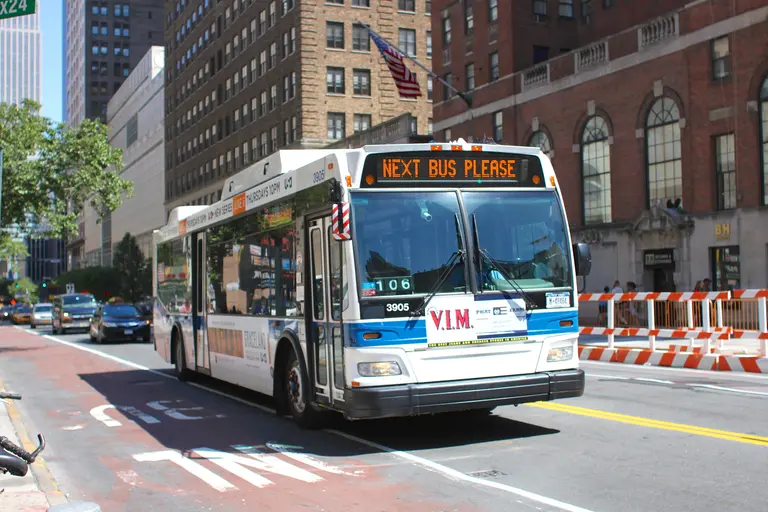
Image via Oran Viriyincy / Flickr
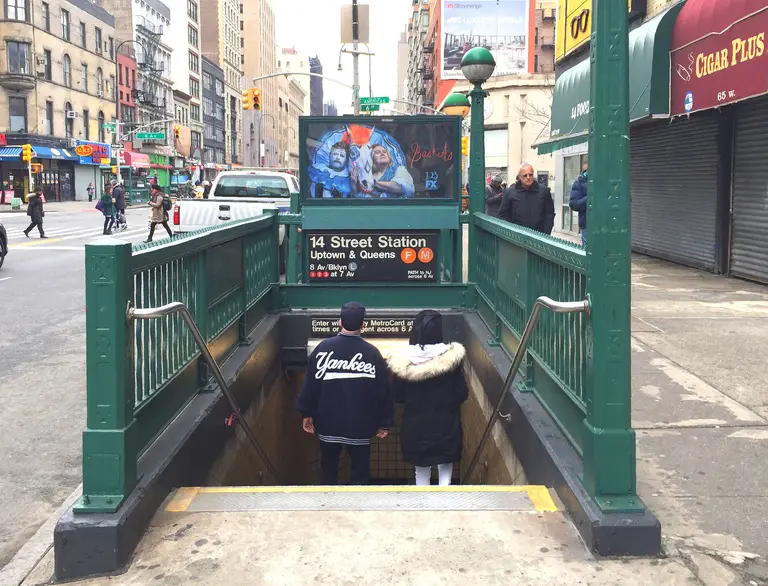
Photo via Carl Mikoy / Flickr cc

Photo by Shinya Suzuki on Flickr cc
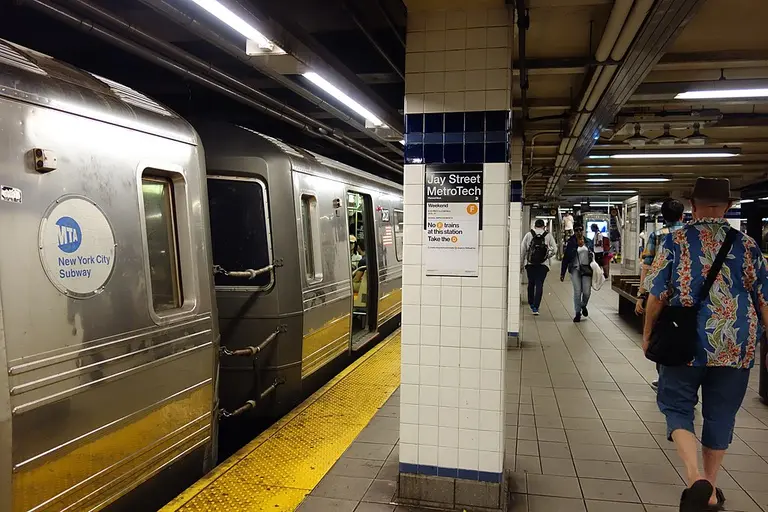
Image via Wikimedia cc.
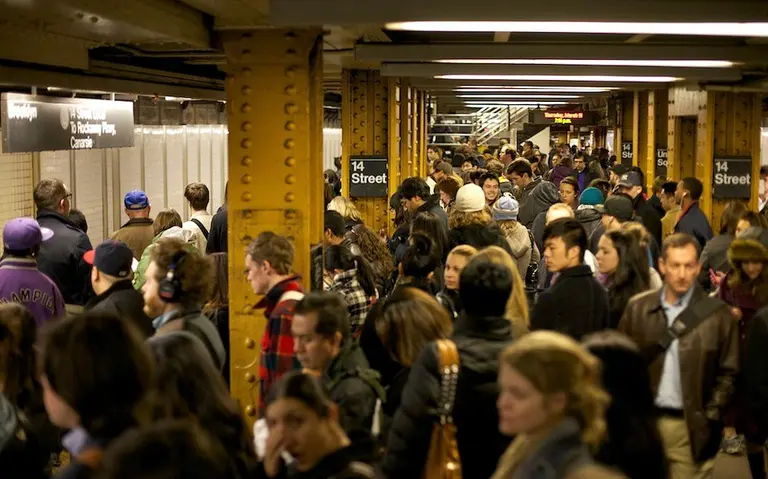
Photo by Dan Phiffer on Flickr
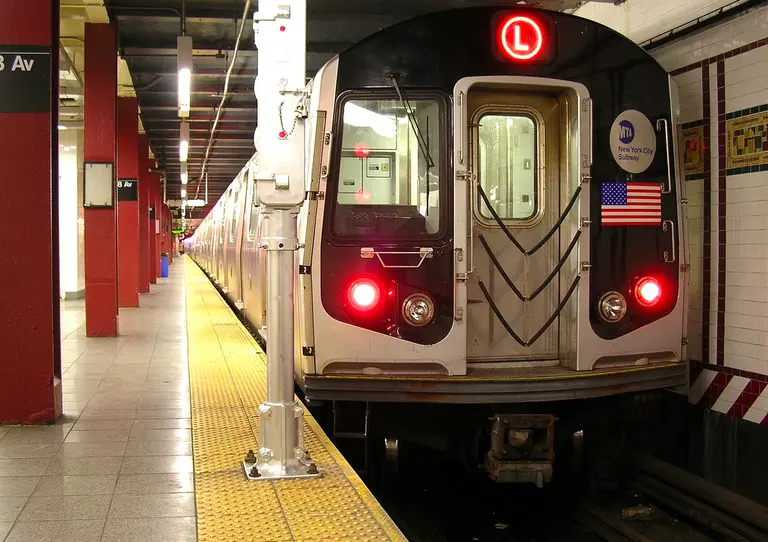
Photo by Stephen Rees on Flickr
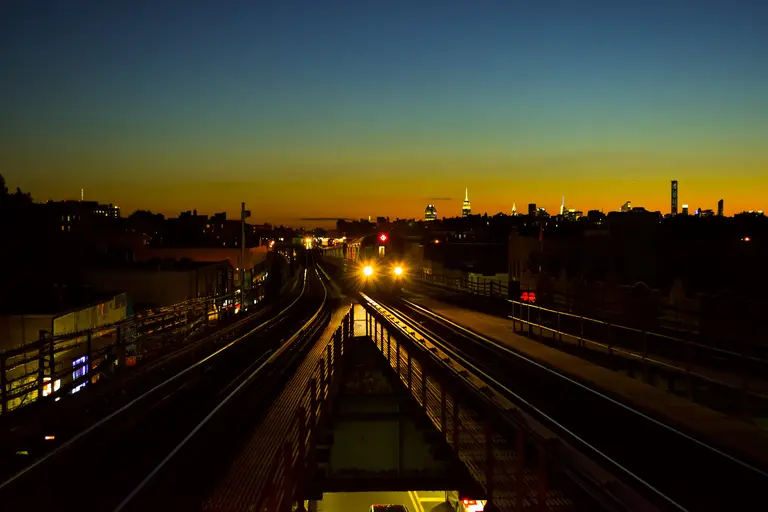
Image via Flickr
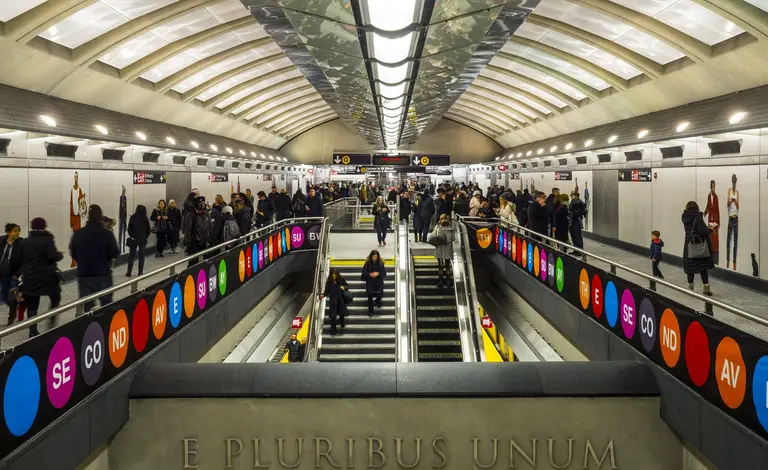
Photo via jseliger2 on Flickr
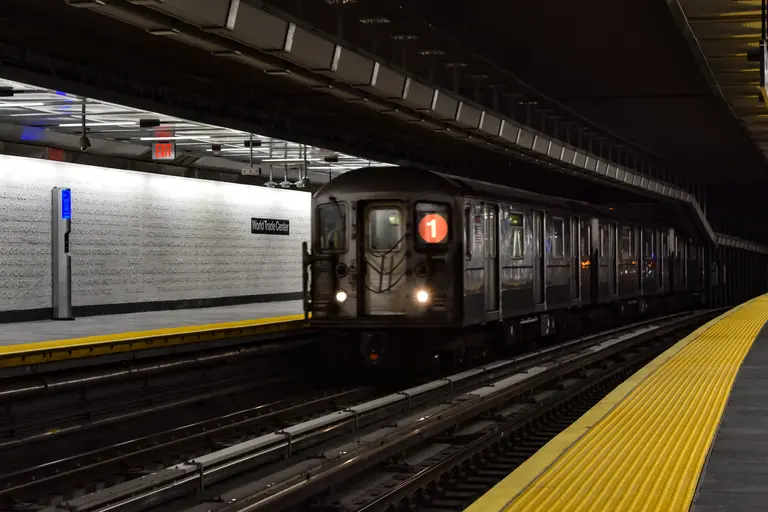
Image via Flickr

Via Flickr

Image via Flickr
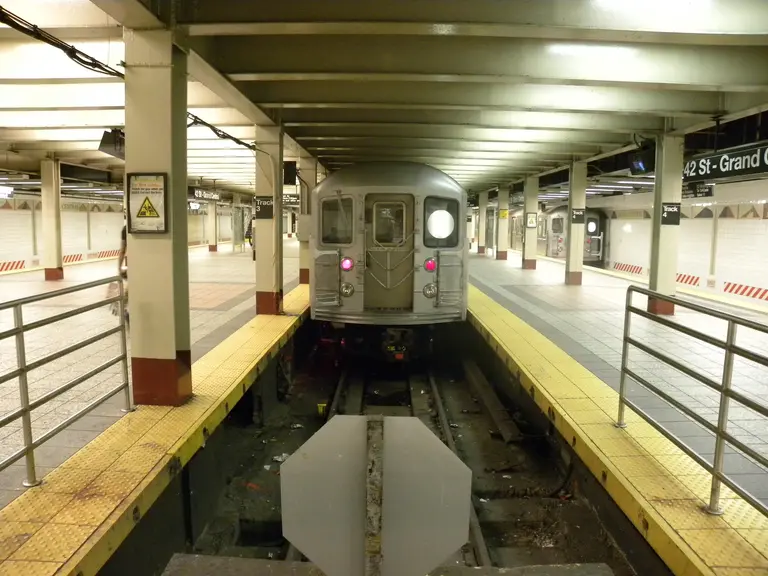
Image via Flickr

Image via Flickr

Via Flickr
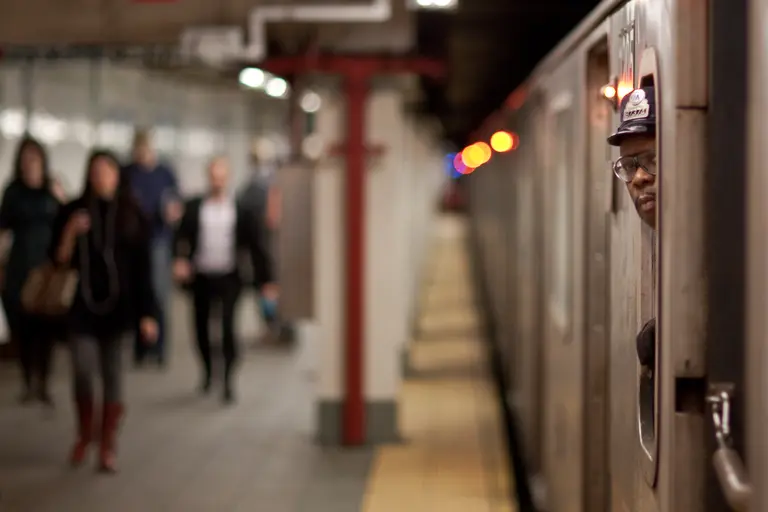
Image via Flickr cc